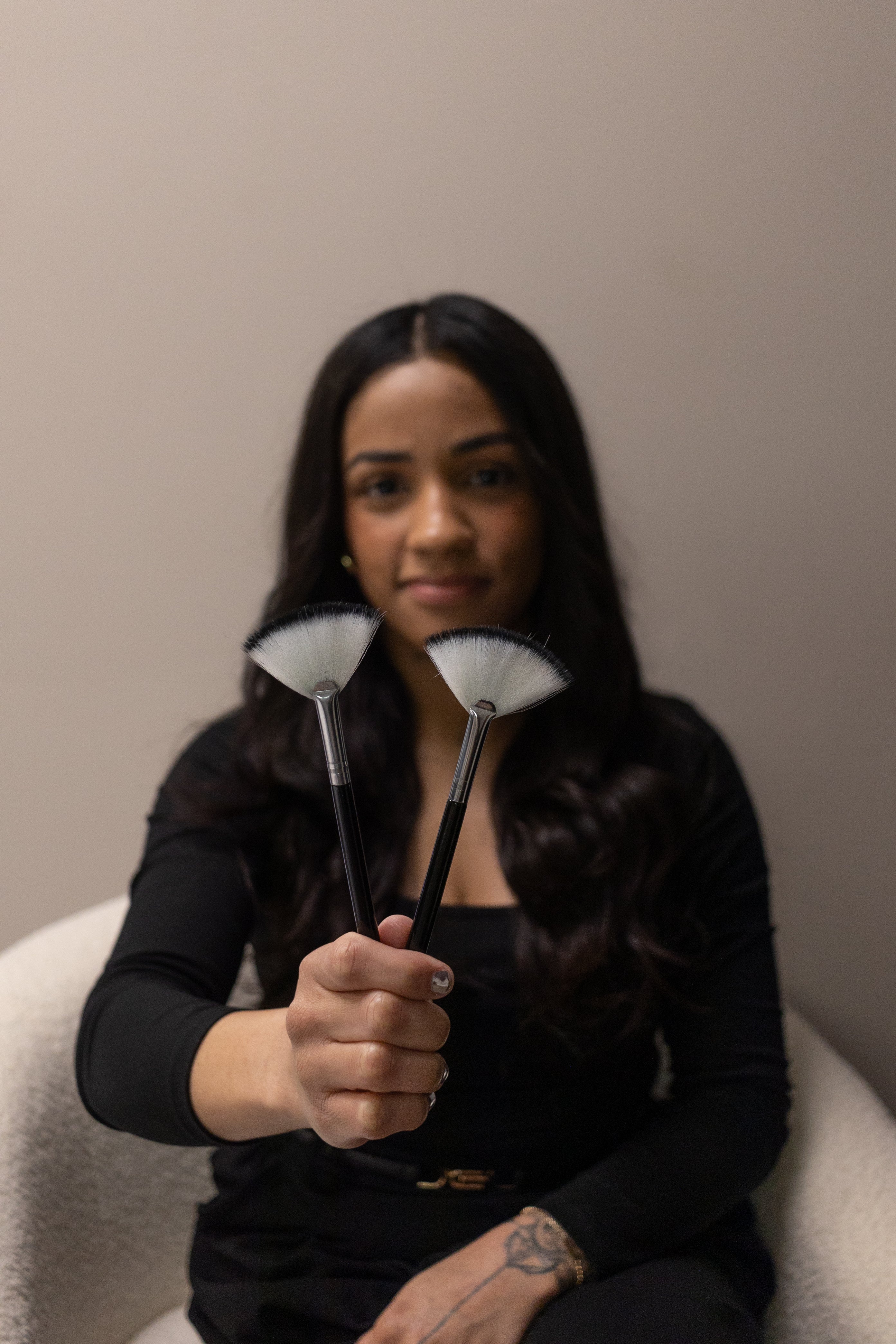What is inflammation?
Inflammation is a natural part of the body’s immune system. It’s how the body repairs itself and removes foreign invaders, such as germs, to prevent infection from spreading. When the skin is exposed to harmful stimuli, it releases inflammatory mediators that alert the immune system to send white blood cells to
the infected area.
What triggers inflammation
Common causes of inflammation include:
- Injuries (cuts, insect bites, sunburns)
- Allergens (foods, metals, cosmetics)
- Irritants (soaps, detergents, solvents) Infections (athlete’s foot,chickenpox, shingles)
- Inflammatory skin conditions (acne, eczema, rosacea)
- Autoimmune diseases (lupus, psoriasis, dermatomyositis)
- Inflammatory disorders (ulcerative colitis, Behcet’s syndrome, Crohn’s disease)
- Medications (antibiotics, birth control pills, statins)
- Cosmetic procedures (hair removal, chemical peels, microdermabrasion)
Signs of skin inflammation
A common sign of inflammation in the skin
is erythema, a condition caused by dilated superficial blood vessels near the skin’s surface. Erythema can appear as blisters, rashes or flat, circular red lesions.
Other signs of skin inflammation you might see include:
• Heat
• Swelling
• Pain
• Itching
• Tenderness
• Cracking or bleeding
• Peeling
• Texture or contour changes
• Papules or pustules
Post-Inflammatory Hyperpigmentation
When the skin is injured or irritated, it produces more melanin, which can result in post-inflammatory hyperpigmentation (PIH) a condition where brown, gray or dark marks appear on the skin.
Post-Inflammatory Erythema
This localized erythema occurs after skin inflammation, creating flat, pink or red marks on the skin. PIE is more likely to occur in people with lighter skin tones, especially after inflammatory acne. When acne-causing bacteria feed on excess oil, they produce fatty acid waste that can irritate the skin and lead to PIE. Both PIE and PIH can take months—even years—to resolve. It is much easier to avoid PIE and PIH in the first place using effective skincare products.
BEST STRATEGIES TO REDUCE & PREVENT INFLAMMATION
- Work with your esthetician to identify the root cause of the inflammation
- Utilize anti inflammatory skincare products
- Beta Glucan
- Arnica
- Green Tea
- Sulfur
- Aloe Vera
3. Support your skin’s barrier
One fundamental way to stop inflammation in the skin from escalating is by supporting and maintaining a healthy lipid barrier. Keeping this outer layer functioning properly inhibits irritants like microbes or allergens from penetrating the skin and triggering an inflammatory response.
4.Protect your skin from the sun
By far one of the most common triggers of inflammation is UV exposure from the sun. Wear sunscreen daily and reapply every two hours while outside or after swimming or exercising. Efficient sun protection will help manage inflammation levels and prevent deadly melanoma cancer cells from developing.
5. Anti inflammatory lifestyle habits
Lifestyle choices have a huge impact on the amount
of inflammation in the body. For example, certain foods can increase inflammation while others subdue it. Exercise and stress also play a role in the body’s inflammation level.
When left unmanaged, inflammation can disrupt your skin’s natural healing process, leading to increased sensitivity, redness, and even long-term concerns like hyperpigmentation. This is why our treatments and your at-home routine focus on reducing inflammation to strengthen your skin barrier and promote a healthy, even-toned complexion.
By using targeted ingredients and modalities designed to calm and soothe your skin, we can effectively manage these symptoms and help you achieve the best results possible.


